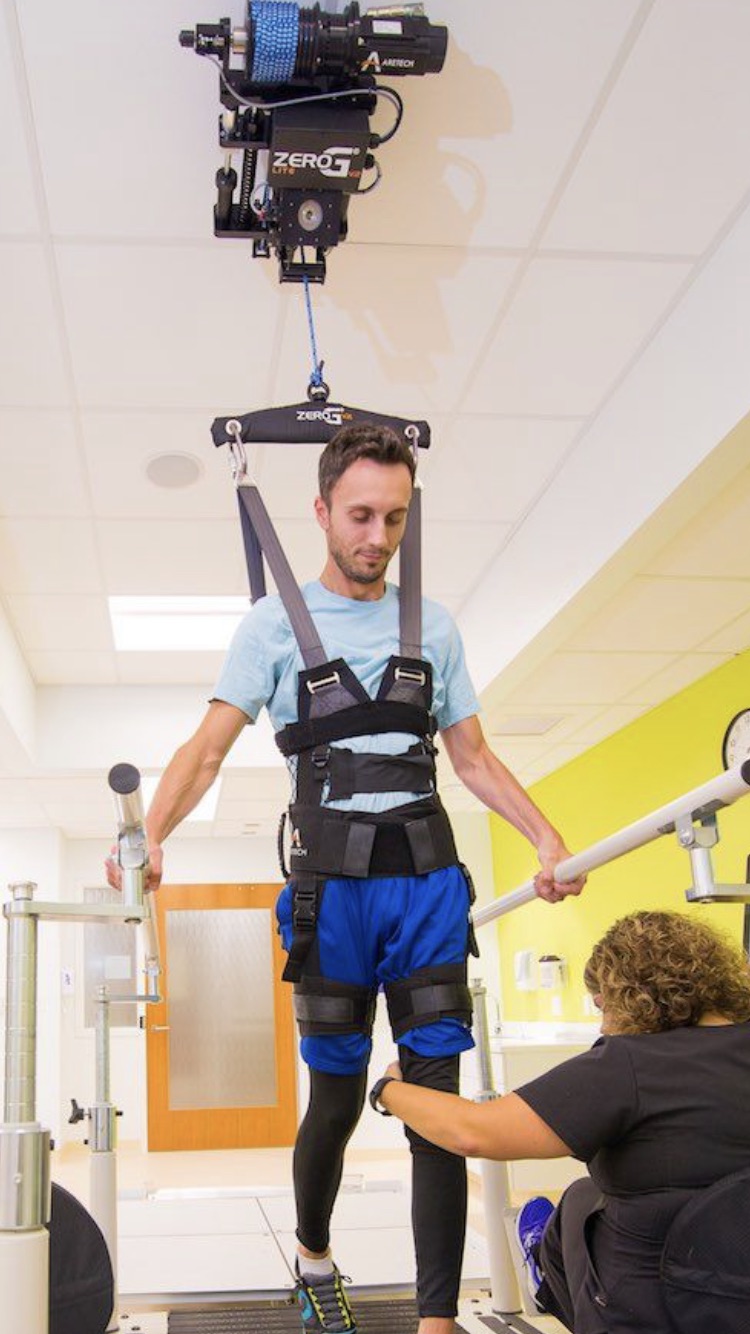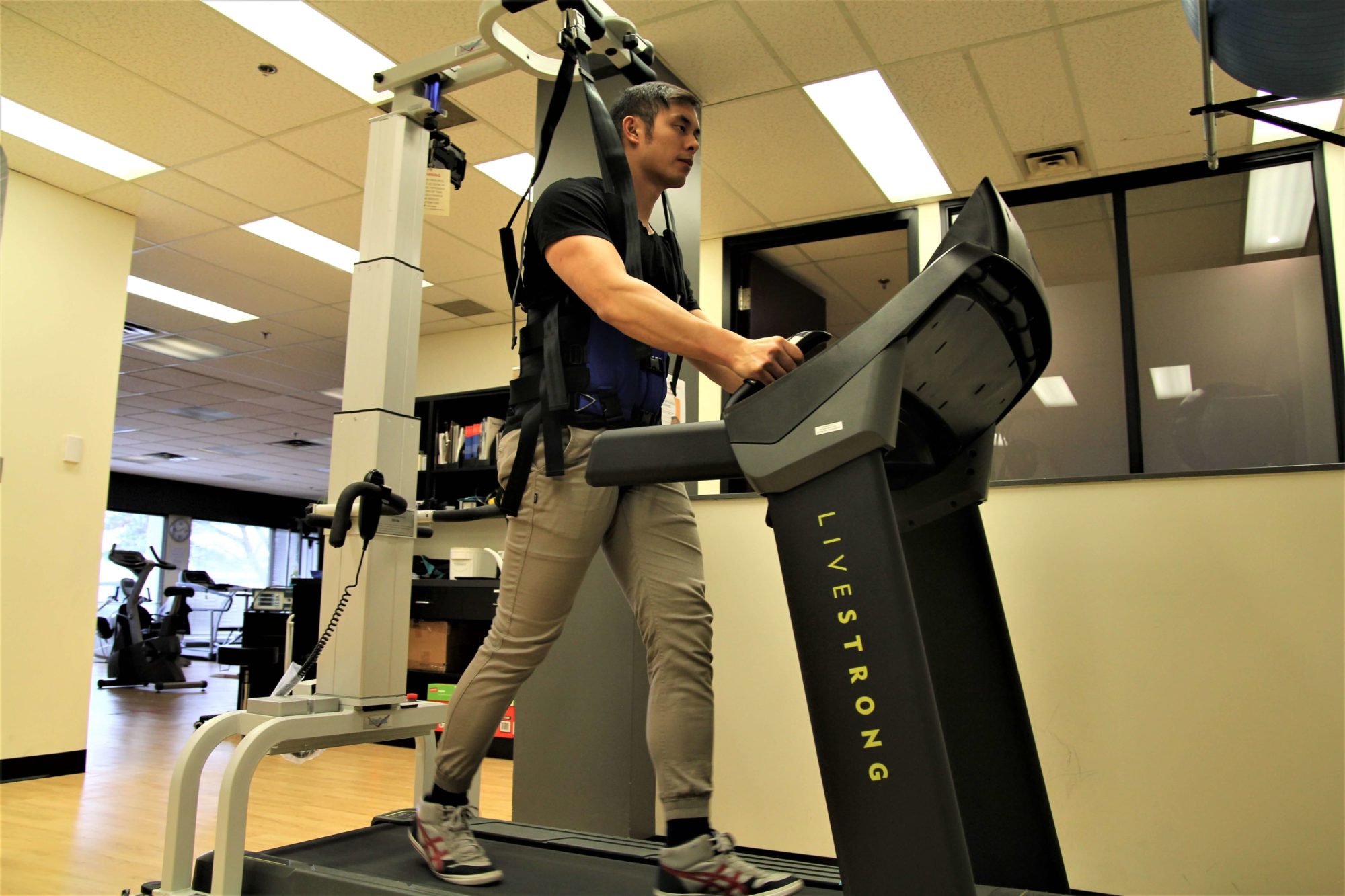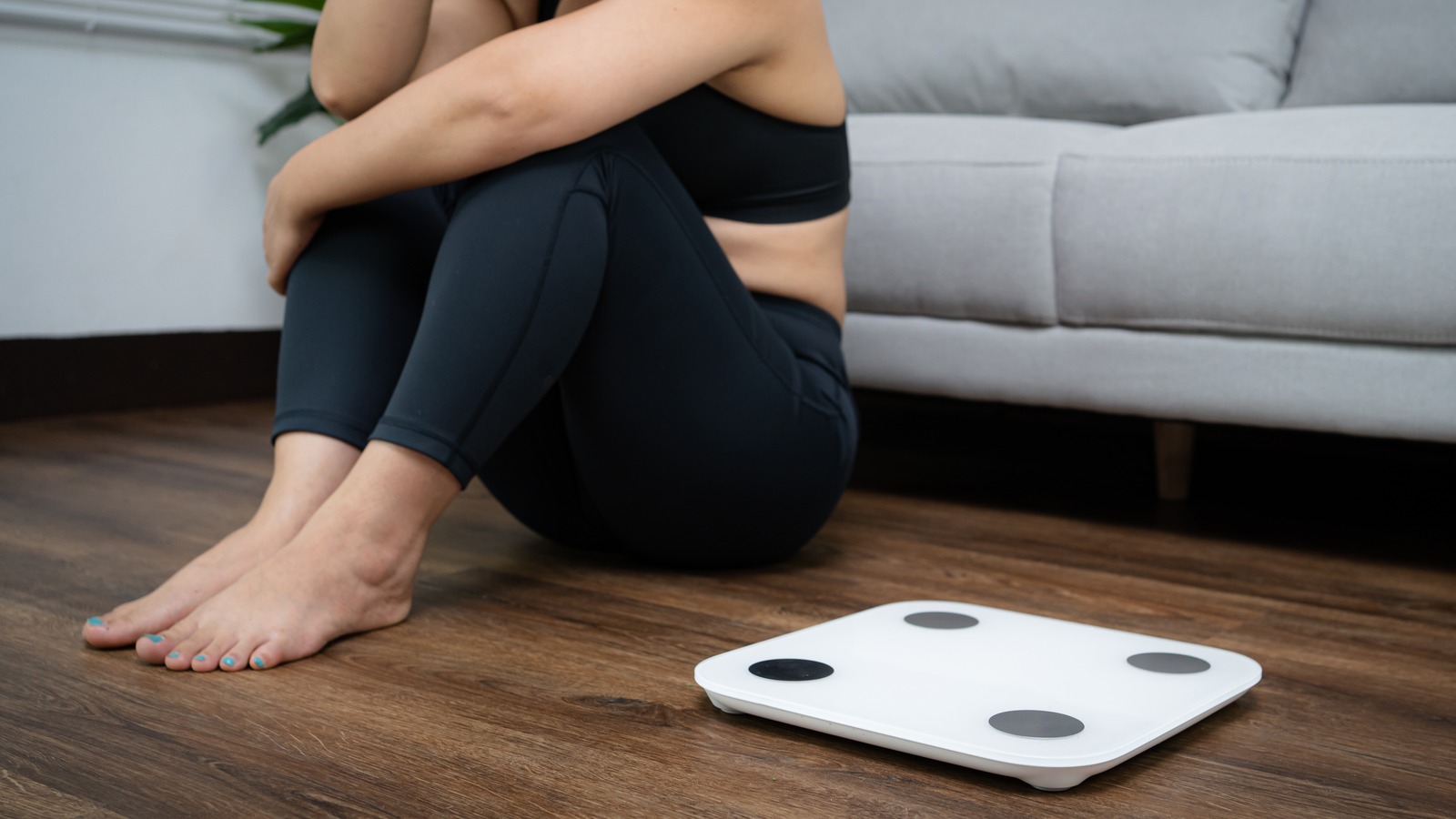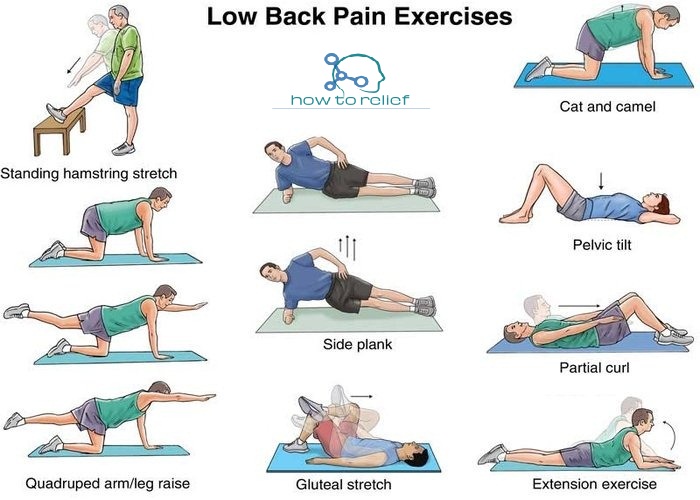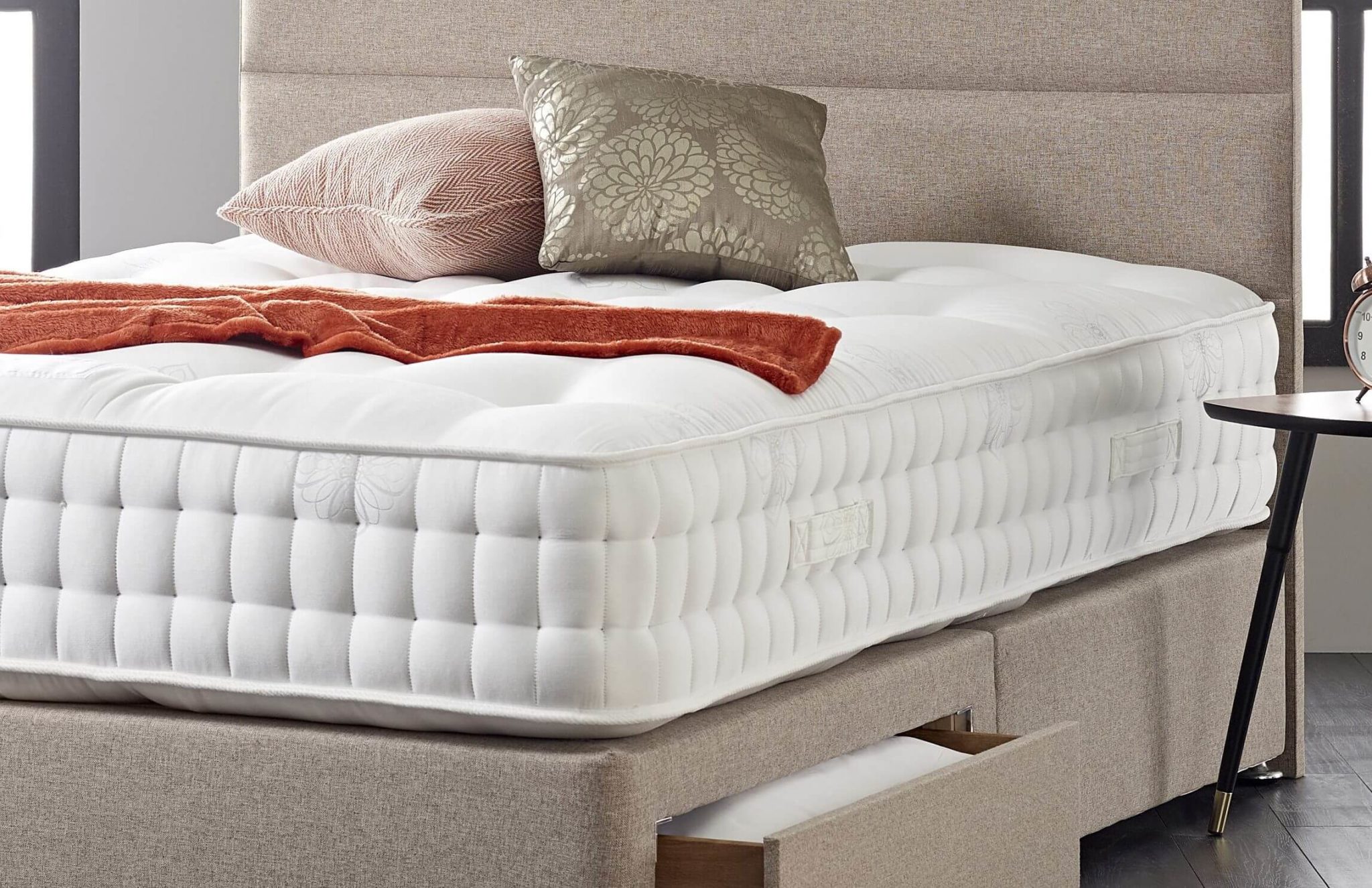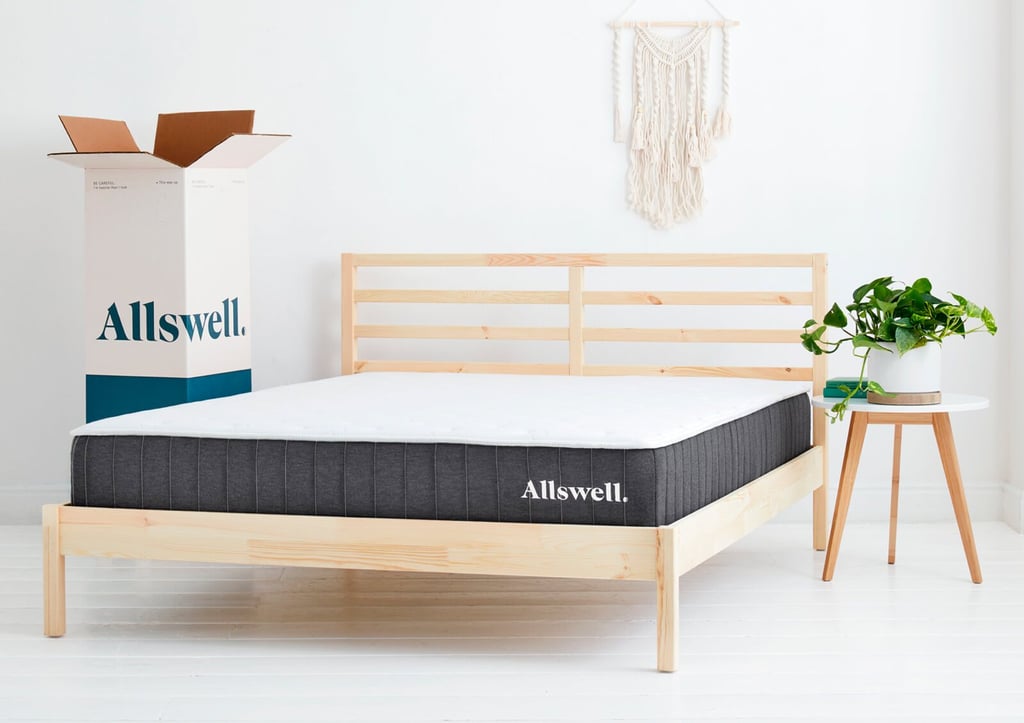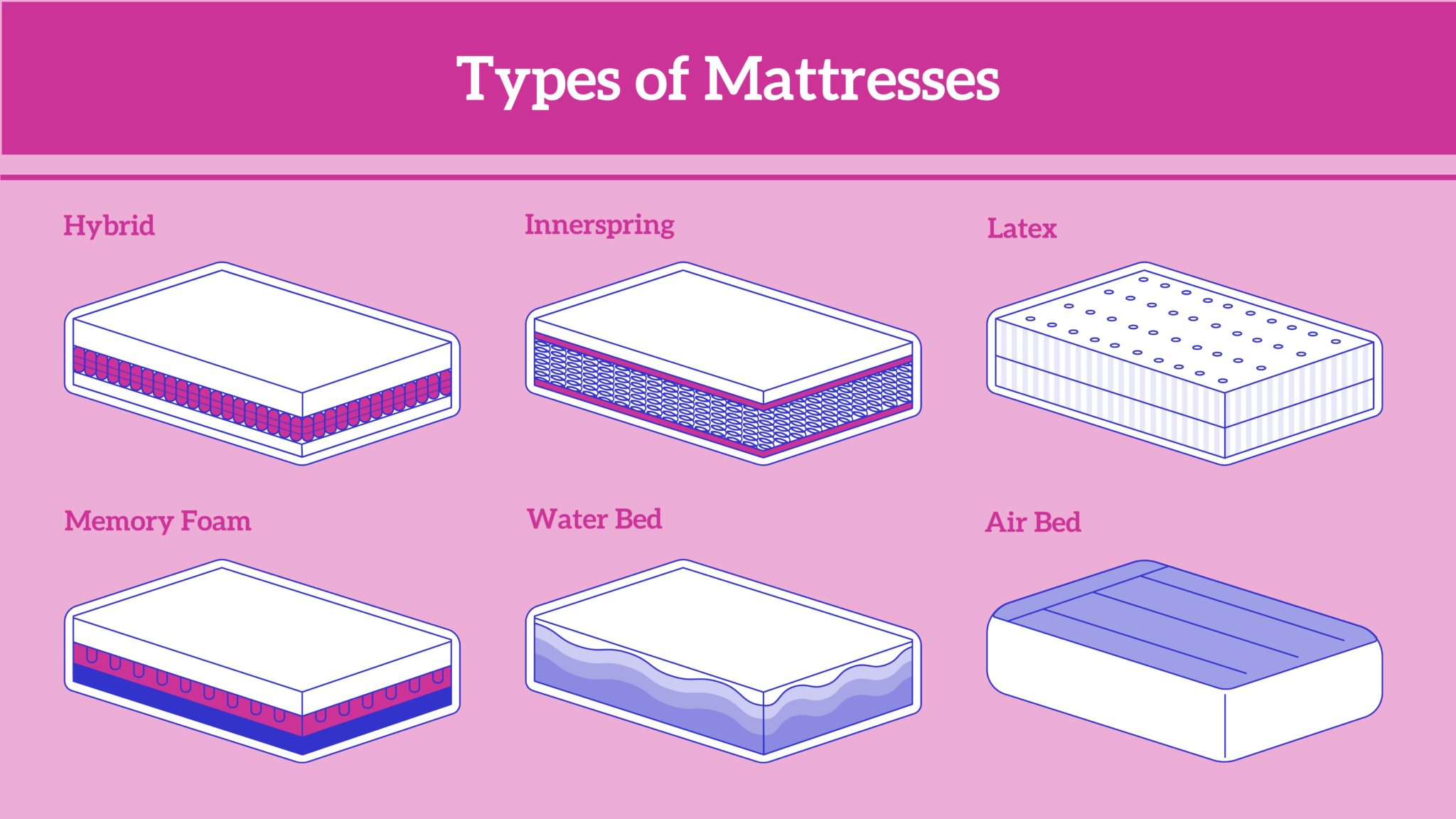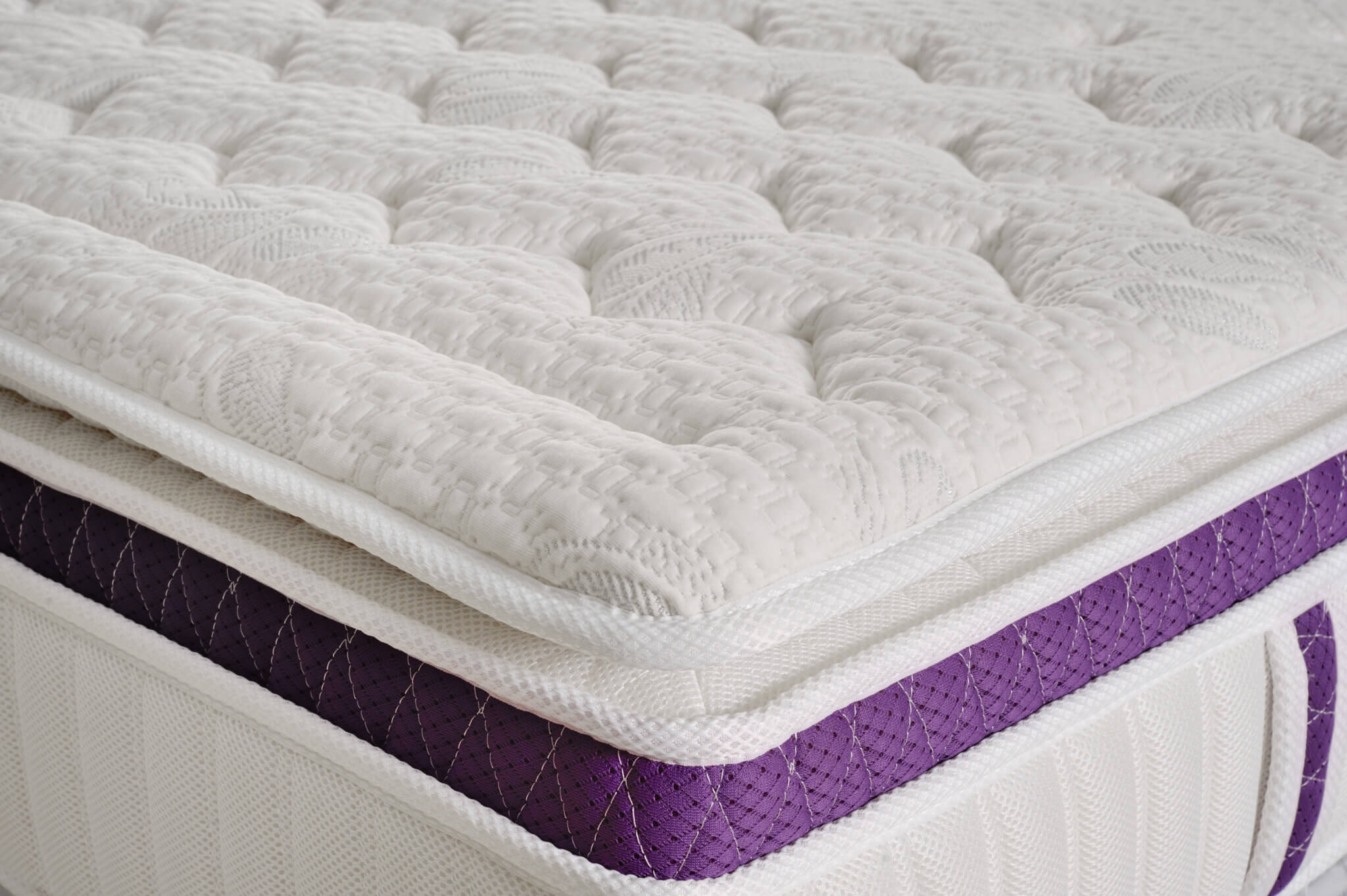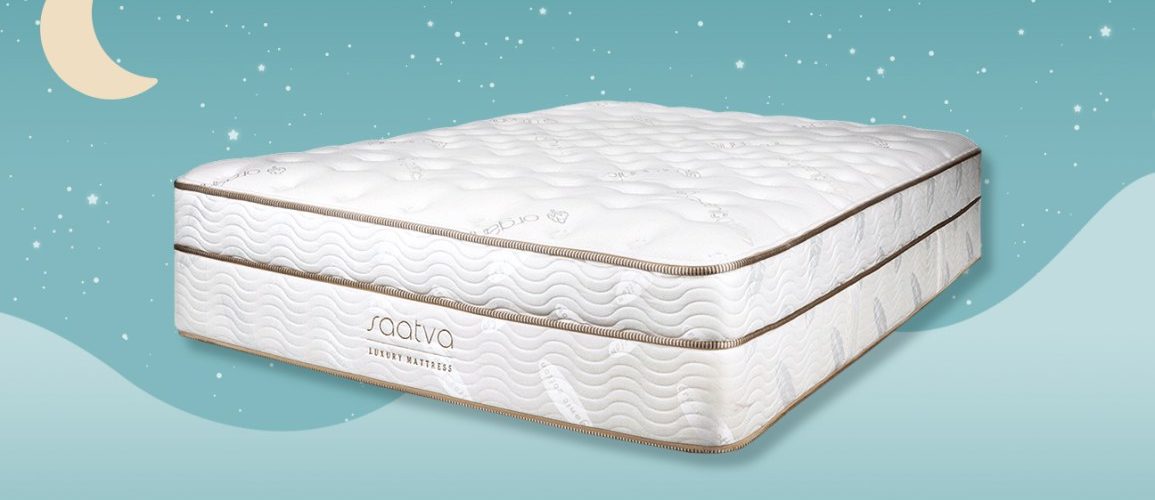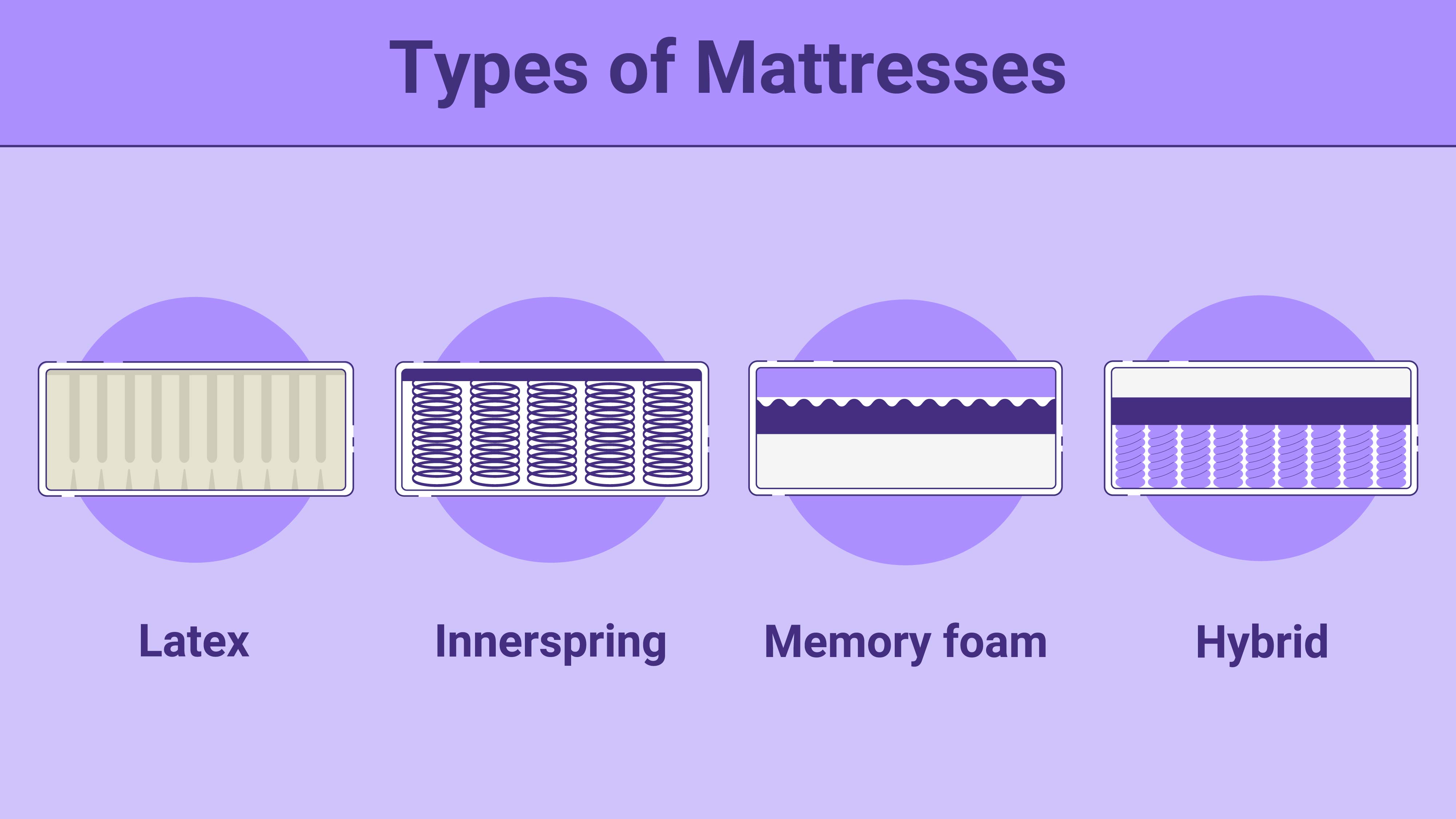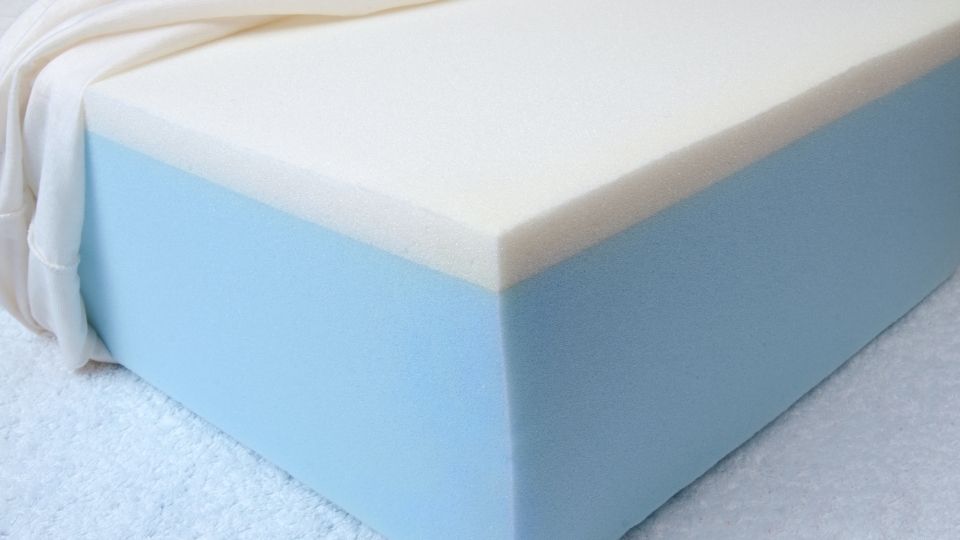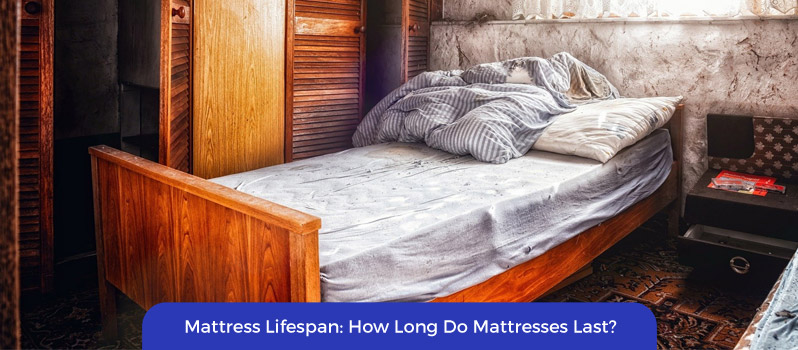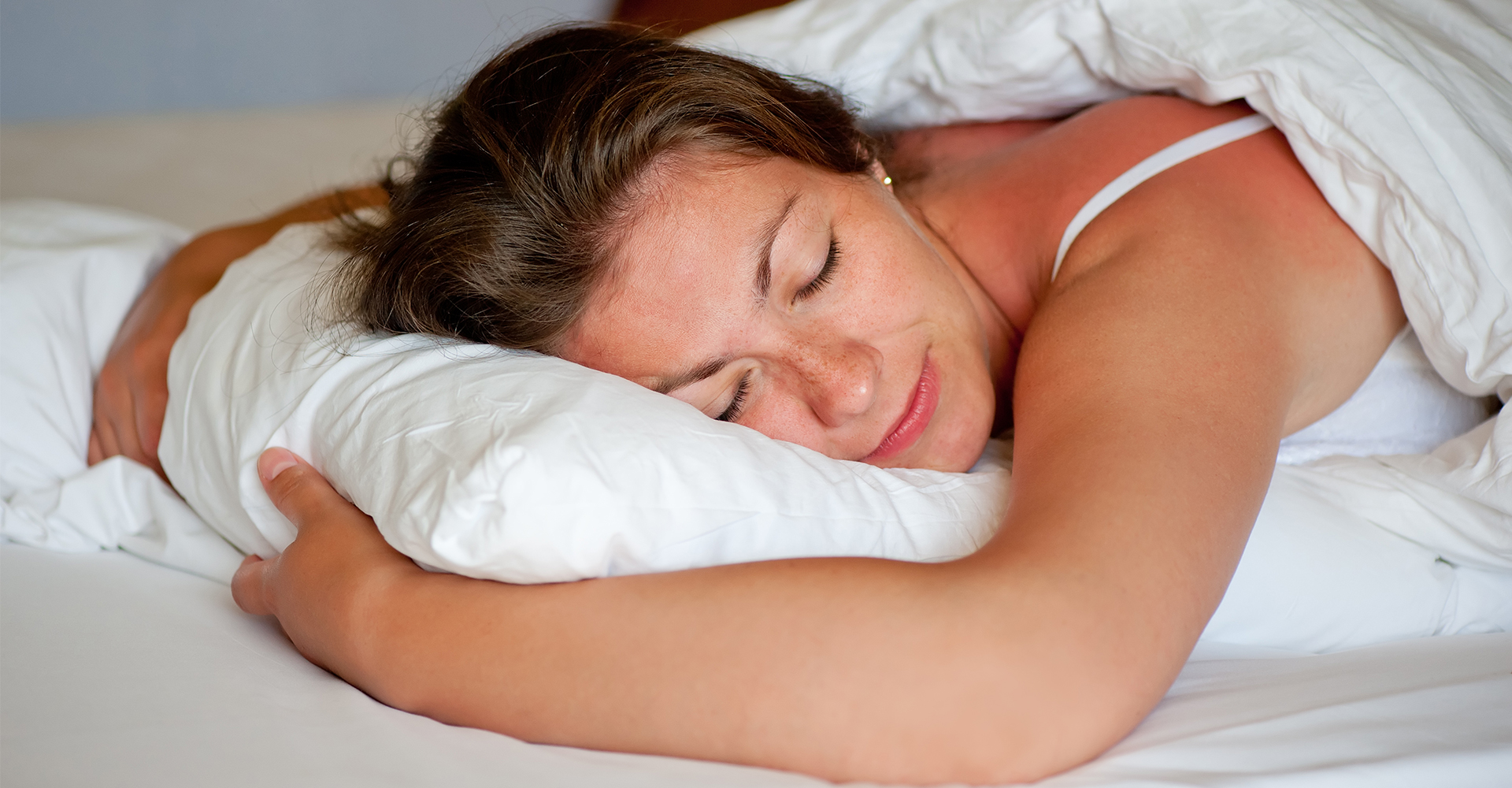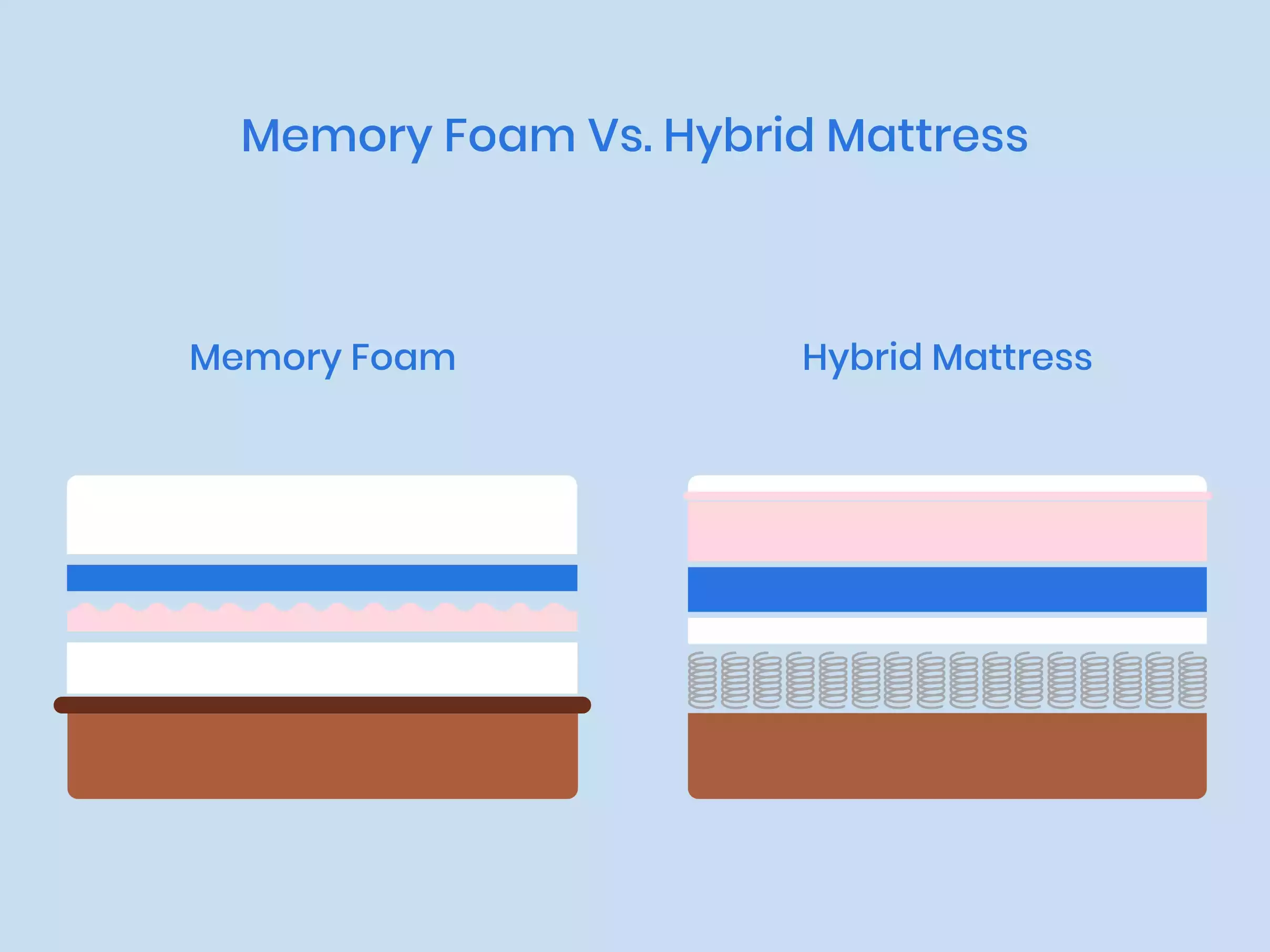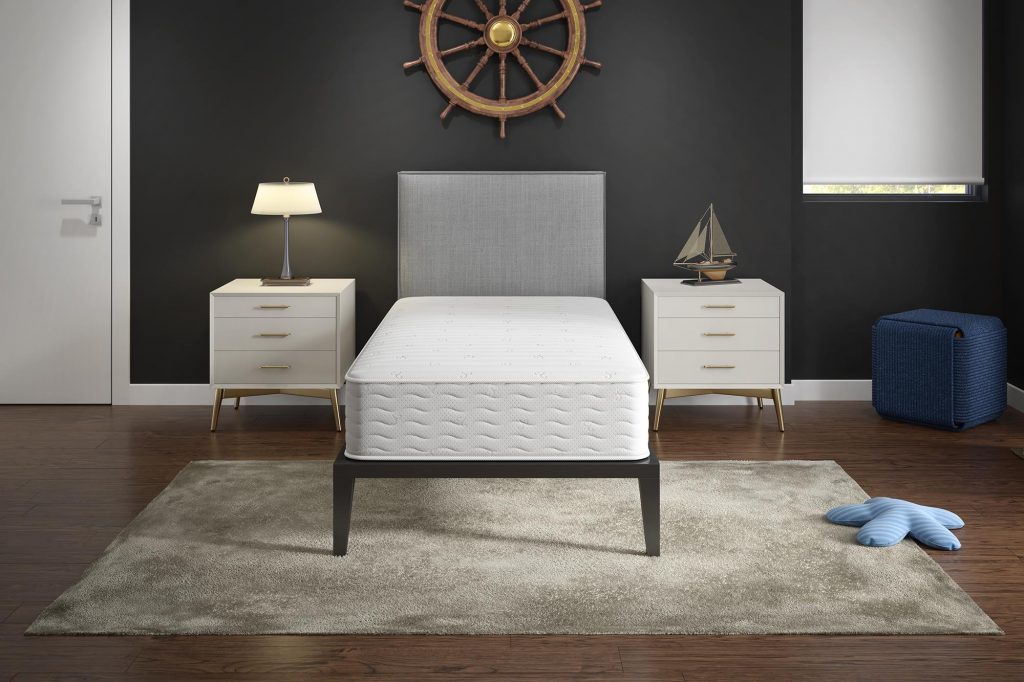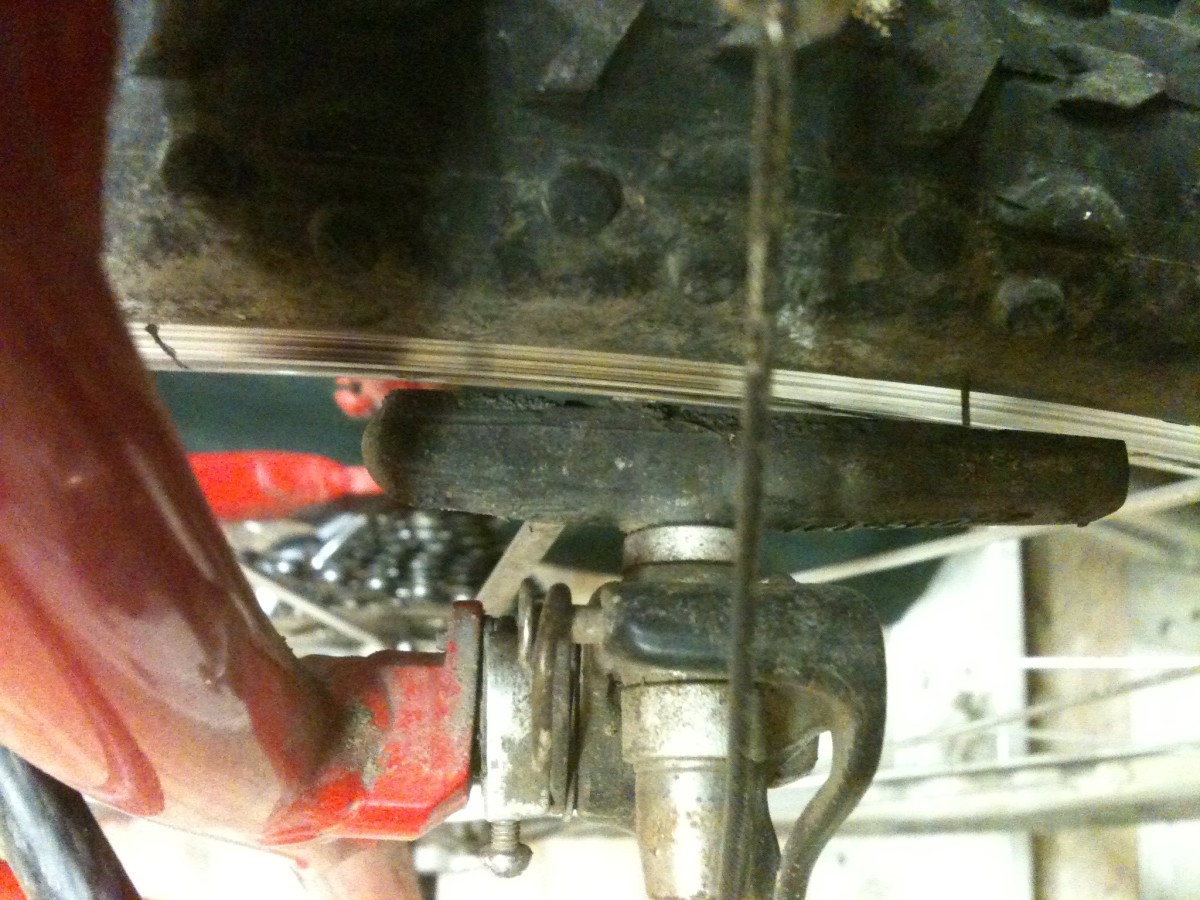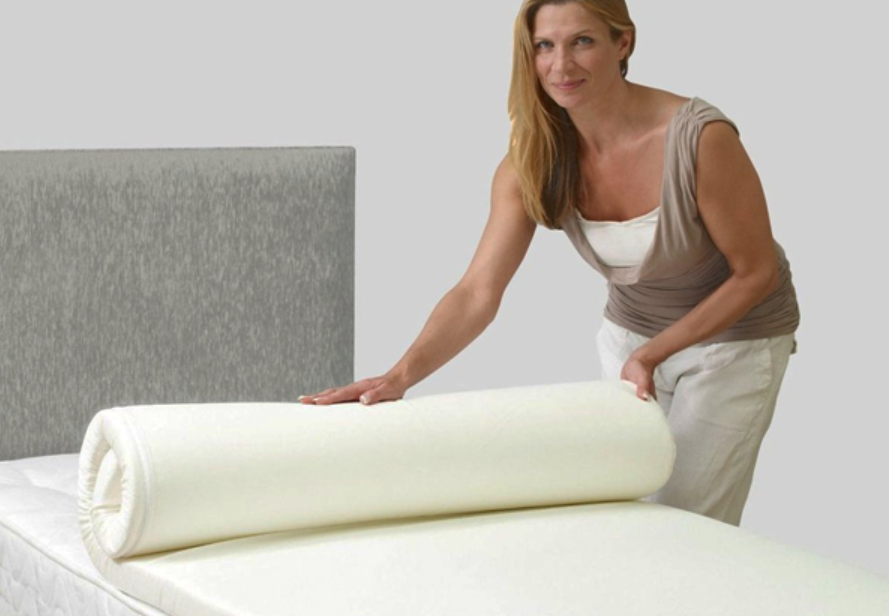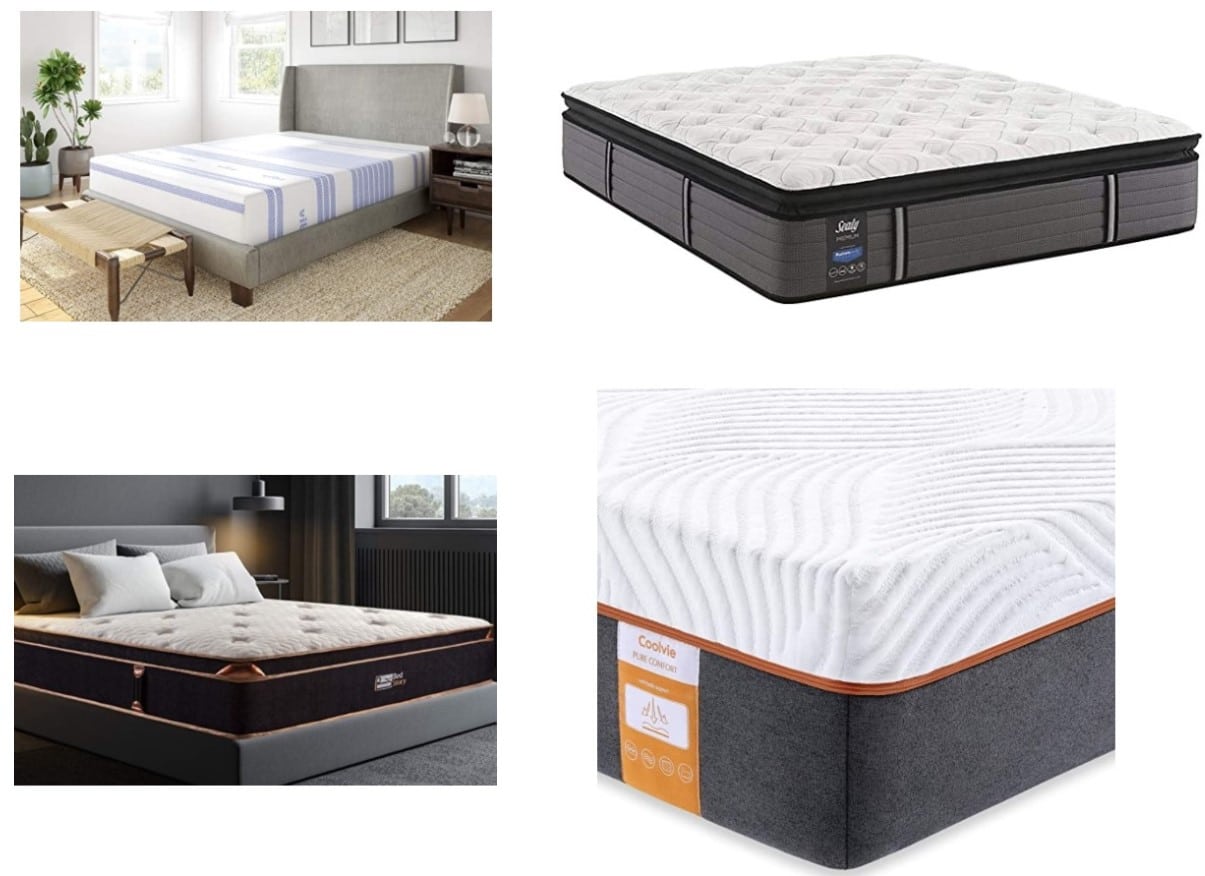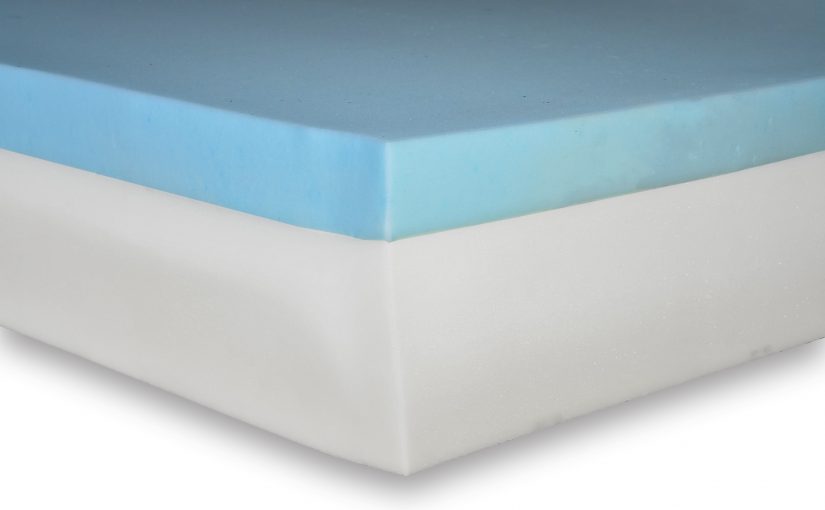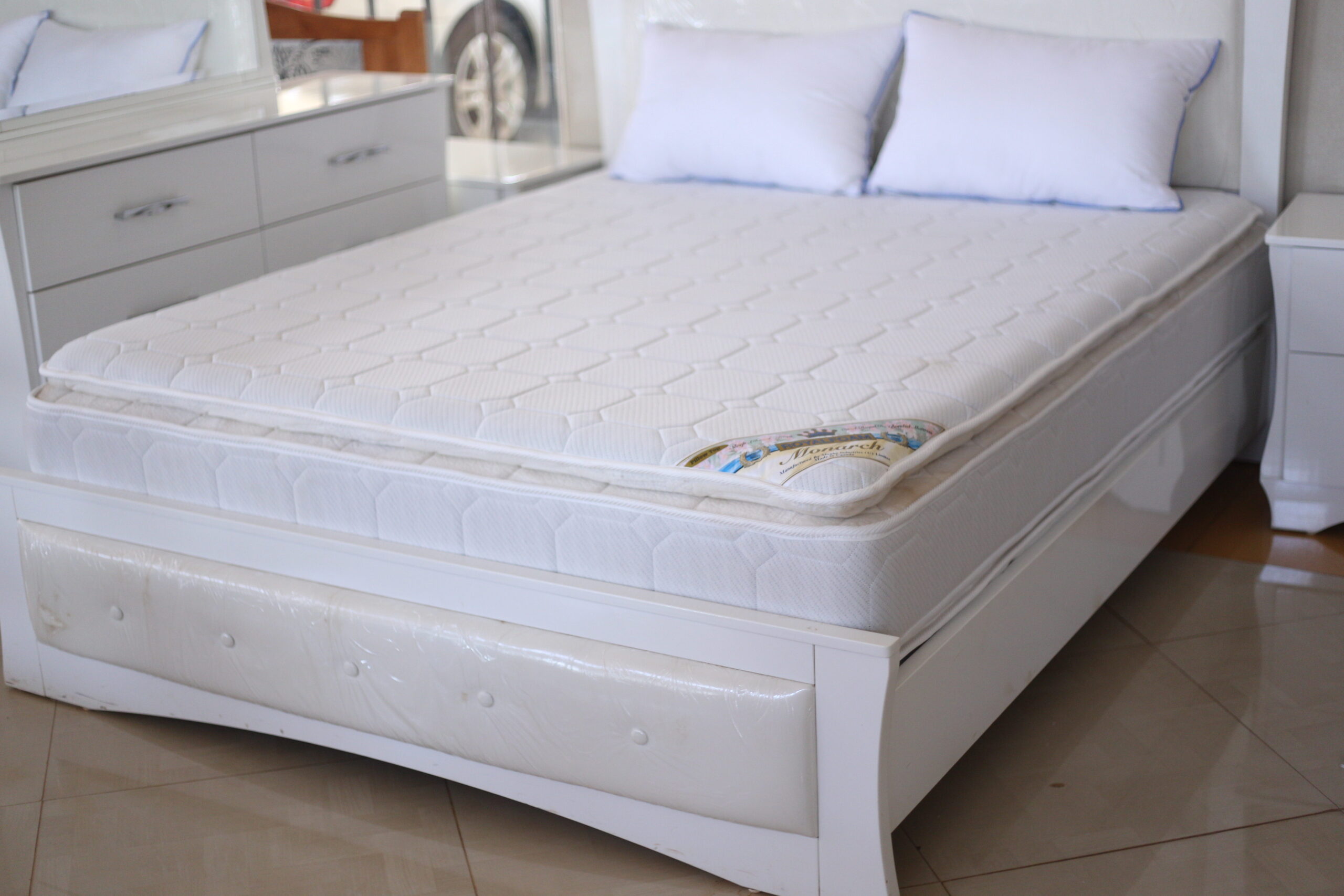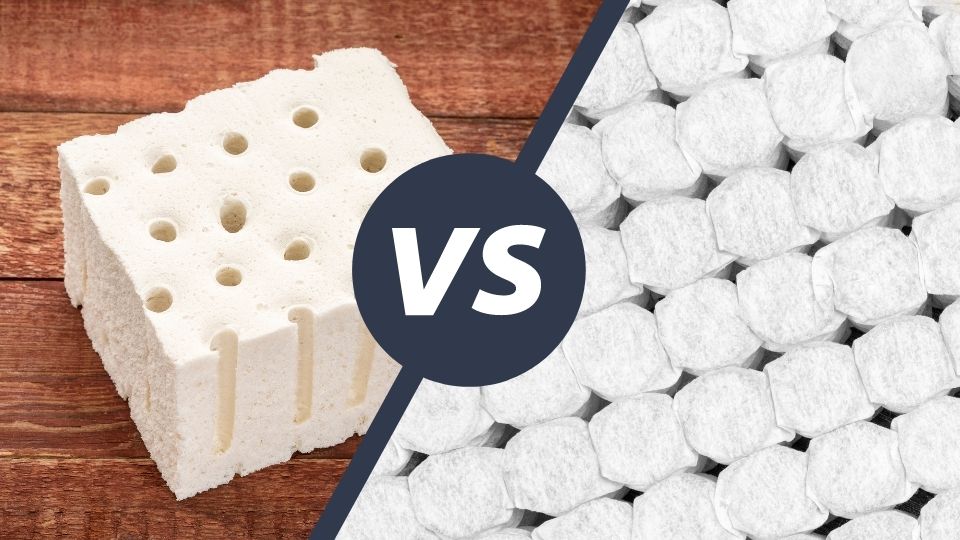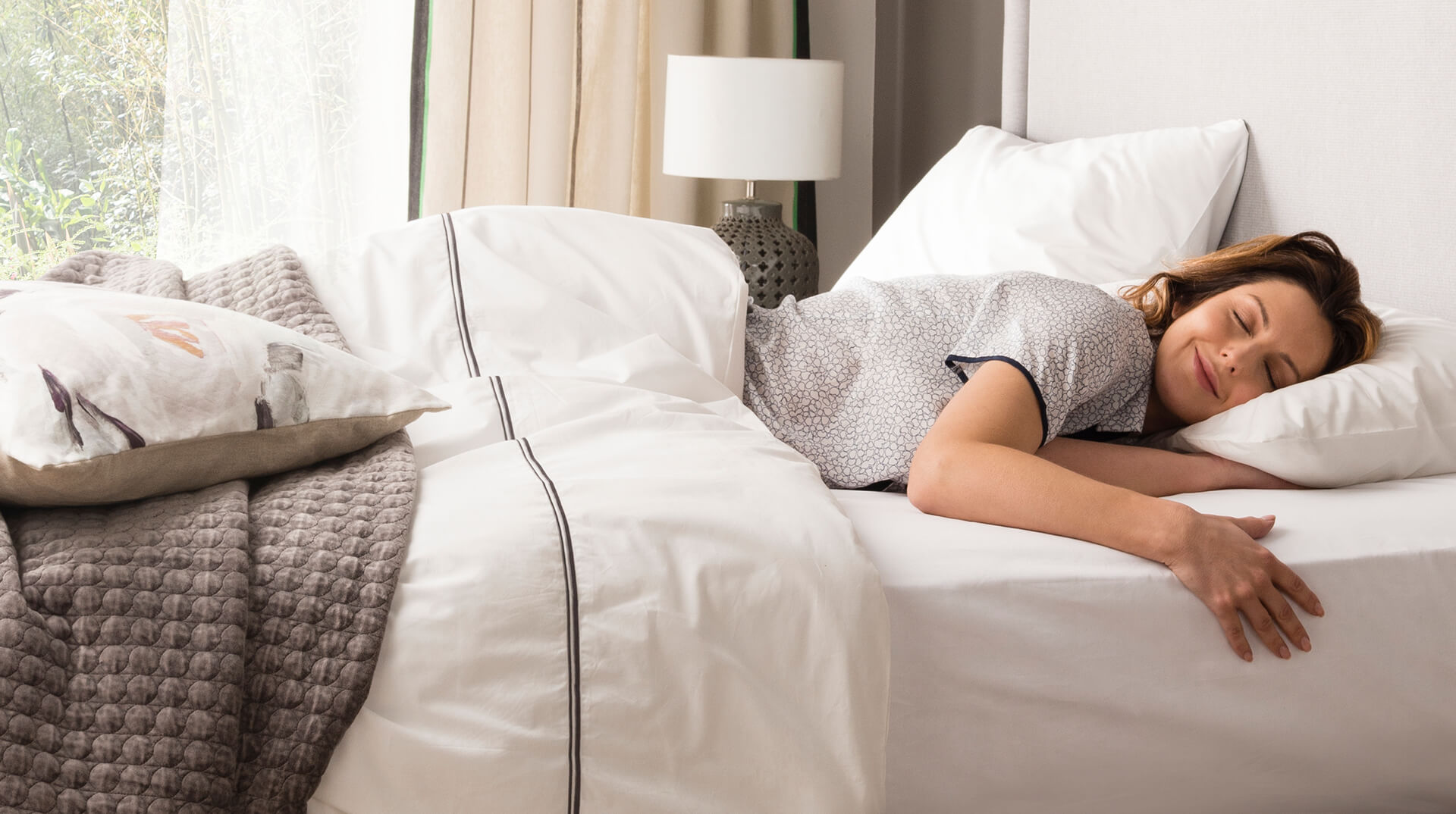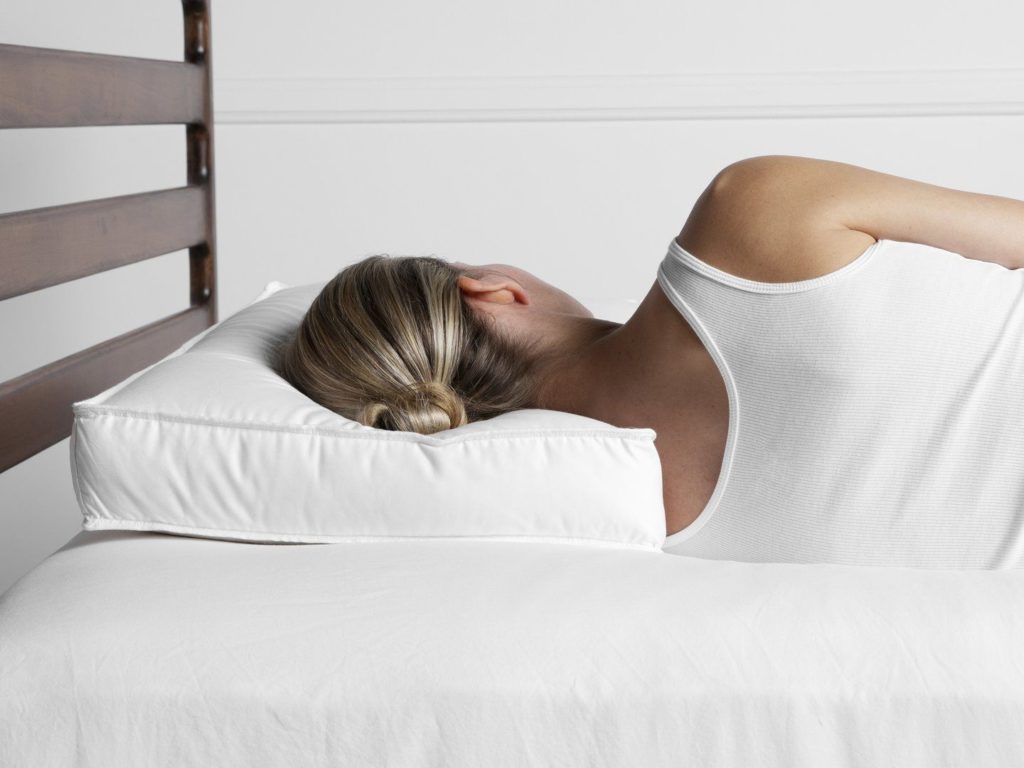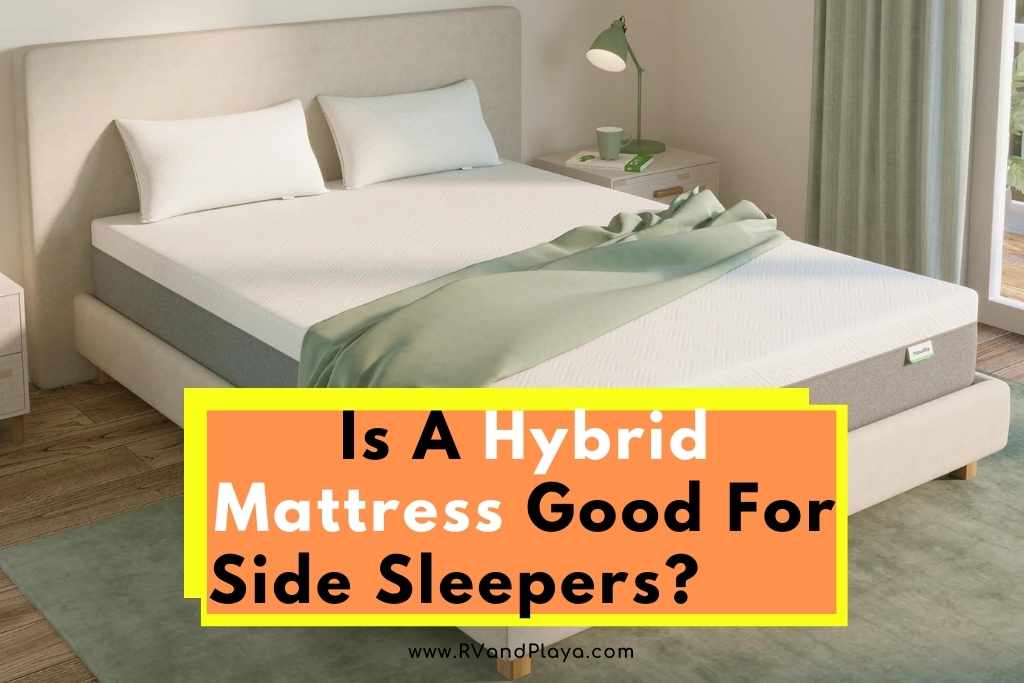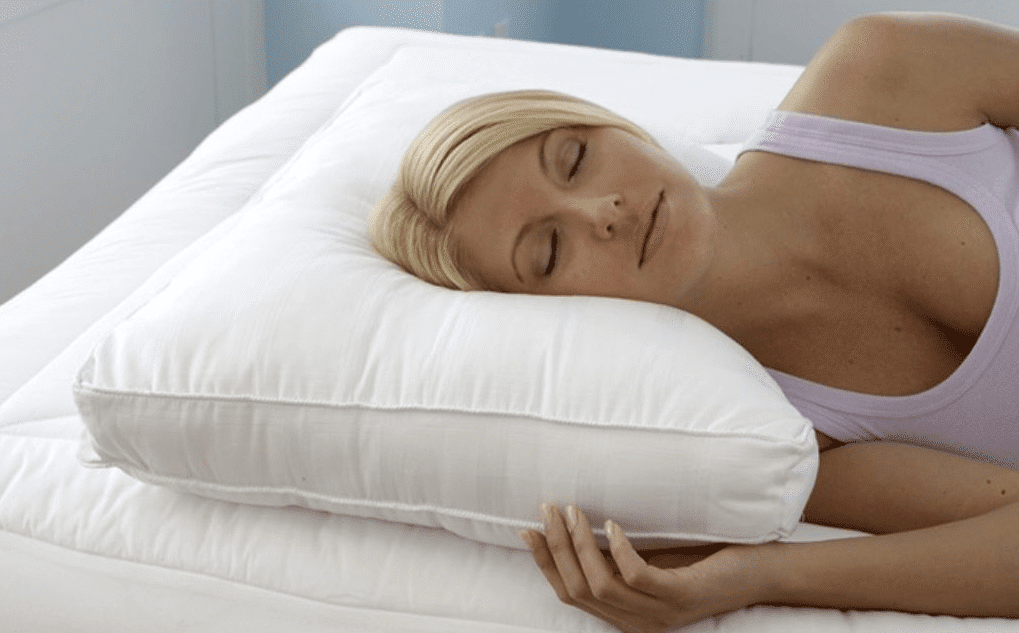One of the main pros of a spring mattress is that it can support your body weight evenly. The coils in a spring mattress are designed to compress and contour to your body, providing support where you need it most. This can help alleviate pressure points and distribute your weight more evenly, leading to a more comfortable and restful sleep. Supports body weight evenly
If you suffer from back pain, a spring mattress may be a good option for you. The support provided by the coils can help keep your spine aligned while you sleep, reducing pressure on your back and potentially providing relief from pain. However, it's important to note that the level of support and comfort may vary depending on the firmness and quality of the mattress.Good for back pain relief
Compared to other types of mattresses, such as memory foam or latex, spring mattresses tend to be more affordable. This is because the materials used to make them are less expensive. If you're on a budget but still want a comfortable and supportive mattress, a spring mattress may be a good choice for you.Can be more affordable than other mattress types
Another advantage of a spring mattress is that it may have a longer lifespan than foam mattresses. This is because the coils are more durable and less prone to wear and tear. However, this also depends on the quality of the materials used and how well you take care of your mattress.May have longer lifespan than foam mattresses
For those who prefer to sleep on their stomachs, a spring mattress can provide the right amount of support. Stomach sleepers need a firmer mattress to keep their spine aligned and prevent their hips from sinking too much, and a spring mattress can offer that support while still being comfortable.Provides good support for stomach sleepers
If you like to sit or sleep on the edge of your bed, a spring mattress may be a better option for you. The coils provide better edge support compared to foam mattresses, which can compress and sink when weight is applied to the edge. This can make getting in and out of bed easier and can also prevent sagging in the long run.May have better edge support than foam mattresses
One of the main cons of a spring mattress is that it can be noisy and squeaky. This is due to the metal coils rubbing against each other as you move on the mattress. This can be bothersome for light sleepers or if you share a bed with a partner. However, this can be mitigated by choosing a higher quality mattress with better coil construction.Can be noisy and squeaky
While spring mattresses offer good support, they may not conform to your body shape as well as foam mattresses. This means that there may be gaps between your body and the mattress, which can lead to pressure points and discomfort. This is something to consider if you have specific areas of your body that require extra support or if you prefer a more plush and conforming feel.May not conform to body shape as well as foam mattresses
Another potential downside of spring mattresses is that they may transfer motion more than foam mattresses. This means that if your partner moves or gets out of bed, you may feel the movement and be disturbed from your sleep. However, this can be reduced by choosing a mattress with individually wrapped coils, which can isolate motion more effectively.May transfer motion more than foam mattresses
Lastly, spring mattresses may not be the best choice for side sleepers. This is because they may not provide enough pressure relief for your shoulders and hips, which can lead to discomfort and pain. If you are a side sleeper, it is important to choose a mattress with a softer top layer to allow for better contouring and pressure relief.May not be suitable for side sleepers
Heading 2: Pros and Cons of Spring Mattresses Spring mattresses have been a popular choice for bedroom design for many years. They come in a variety of styles and offer various levels of support and comfort. However, like any other product, they have their own set of advantages and disadvantages. In this article, we will discuss the pros and cons of spring mattresses to help you make an informed decision for your next bedroom design.
Pros of Spring Mattresses
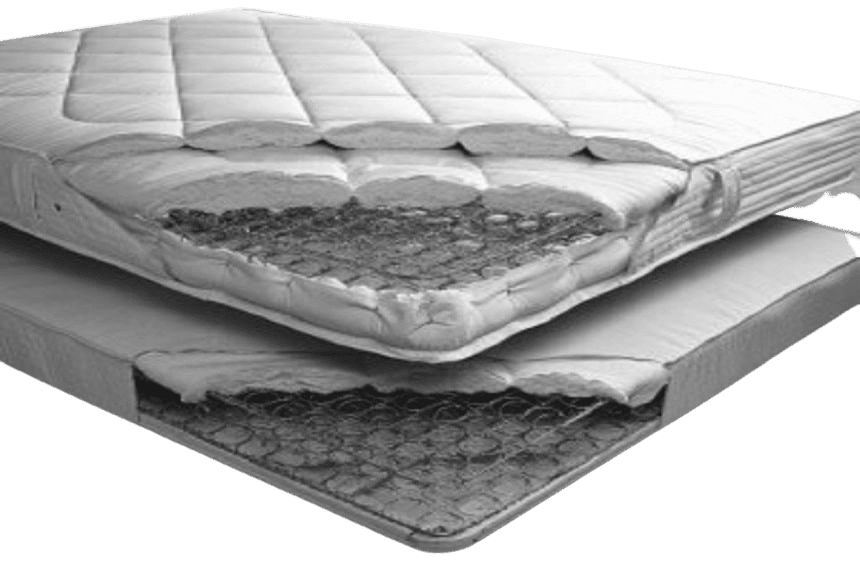 1. Affordable
One of the biggest advantages of spring mattresses is their affordability. They are widely available in the market and come at a lower price point compared to other types of mattresses such as memory foam or latex. This makes them a popular choice for budget-conscious consumers.
2. Good Support
Spring mattresses are designed with a network of coil springs that provide support to the body. They are ideal for people who prefer a firmer sleeping surface. The coils adjust to the body's weight and offer proper spinal alignment, which can help alleviate back pain.
3. Cooling Effect
The open design of spring mattresses allows for better air circulation, which helps to regulate body temperature while sleeping. This makes them a great choice for people who tend to get hot while sleeping.
4. Durability
Spring mattresses are known for their durability and can last for up to 10-15 years with proper care. This makes them a good long-term investment for your bedroom.
1. Affordable
One of the biggest advantages of spring mattresses is their affordability. They are widely available in the market and come at a lower price point compared to other types of mattresses such as memory foam or latex. This makes them a popular choice for budget-conscious consumers.
2. Good Support
Spring mattresses are designed with a network of coil springs that provide support to the body. They are ideal for people who prefer a firmer sleeping surface. The coils adjust to the body's weight and offer proper spinal alignment, which can help alleviate back pain.
3. Cooling Effect
The open design of spring mattresses allows for better air circulation, which helps to regulate body temperature while sleeping. This makes them a great choice for people who tend to get hot while sleeping.
4. Durability
Spring mattresses are known for their durability and can last for up to 10-15 years with proper care. This makes them a good long-term investment for your bedroom.
Cons of Spring Mattresses
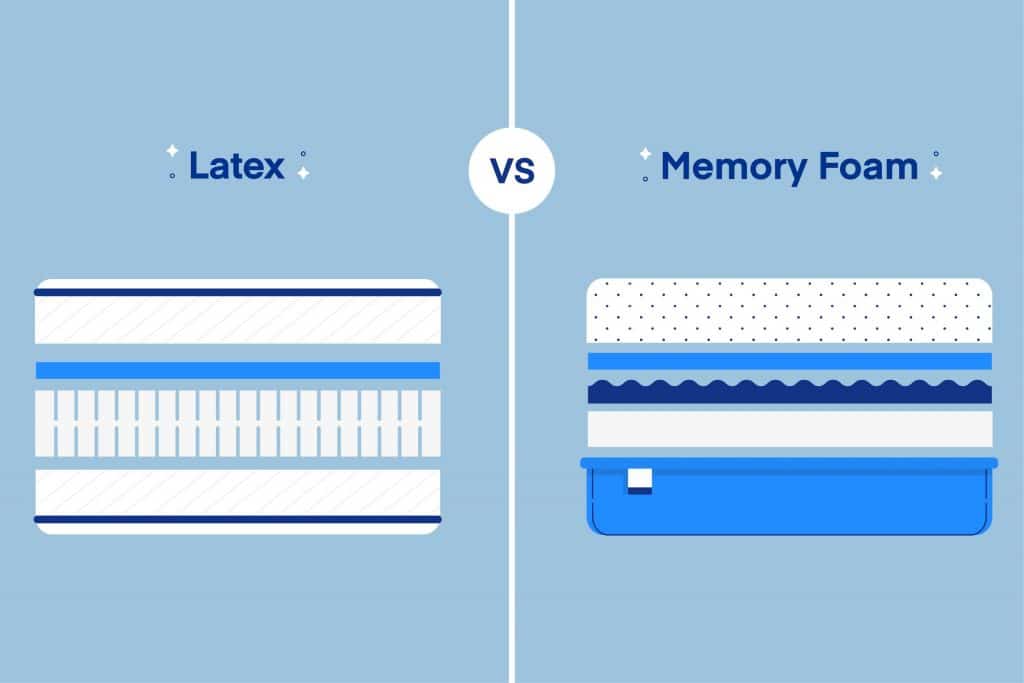 1. Motion Transfer
One of the main disadvantages of spring mattresses is their tendency to transfer motion. This means that when one person moves on the bed, the other person may feel the movement and get disturbed. This can be a problem for light sleepers or couples.
2. Lack of Customization
Unlike other types of mattresses, spring mattresses do not offer much customization. You cannot adjust the firmness or support level according to your preference. This can be an issue for people who have specific sleeping needs.
3. Prone to Sagging
Over time, spring mattresses can start to sag in the middle due to the constant pressure of body weight. This can lead to discomfort and affect the overall support and comfort of the mattress.
4. Noisy
Due to the presence of metal coils, spring mattresses can be quite noisy. This can be a problem for people who are sensitive to sound or have a partner who moves a lot in their sleep.
In conclusion, spring mattresses have their own set of advantages and disadvantages. While they may be an affordable and durable option, they may not be suitable for everyone. It is important to carefully consider your sleeping needs and preferences before making a decision. With the right care and maintenance, a spring mattress can provide a comfortable and supportive sleeping surface for years to come.
1. Motion Transfer
One of the main disadvantages of spring mattresses is their tendency to transfer motion. This means that when one person moves on the bed, the other person may feel the movement and get disturbed. This can be a problem for light sleepers or couples.
2. Lack of Customization
Unlike other types of mattresses, spring mattresses do not offer much customization. You cannot adjust the firmness or support level according to your preference. This can be an issue for people who have specific sleeping needs.
3. Prone to Sagging
Over time, spring mattresses can start to sag in the middle due to the constant pressure of body weight. This can lead to discomfort and affect the overall support and comfort of the mattress.
4. Noisy
Due to the presence of metal coils, spring mattresses can be quite noisy. This can be a problem for people who are sensitive to sound or have a partner who moves a lot in their sleep.
In conclusion, spring mattresses have their own set of advantages and disadvantages. While they may be an affordable and durable option, they may not be suitable for everyone. It is important to carefully consider your sleeping needs and preferences before making a decision. With the right care and maintenance, a spring mattress can provide a comfortable and supportive sleeping surface for years to come.
